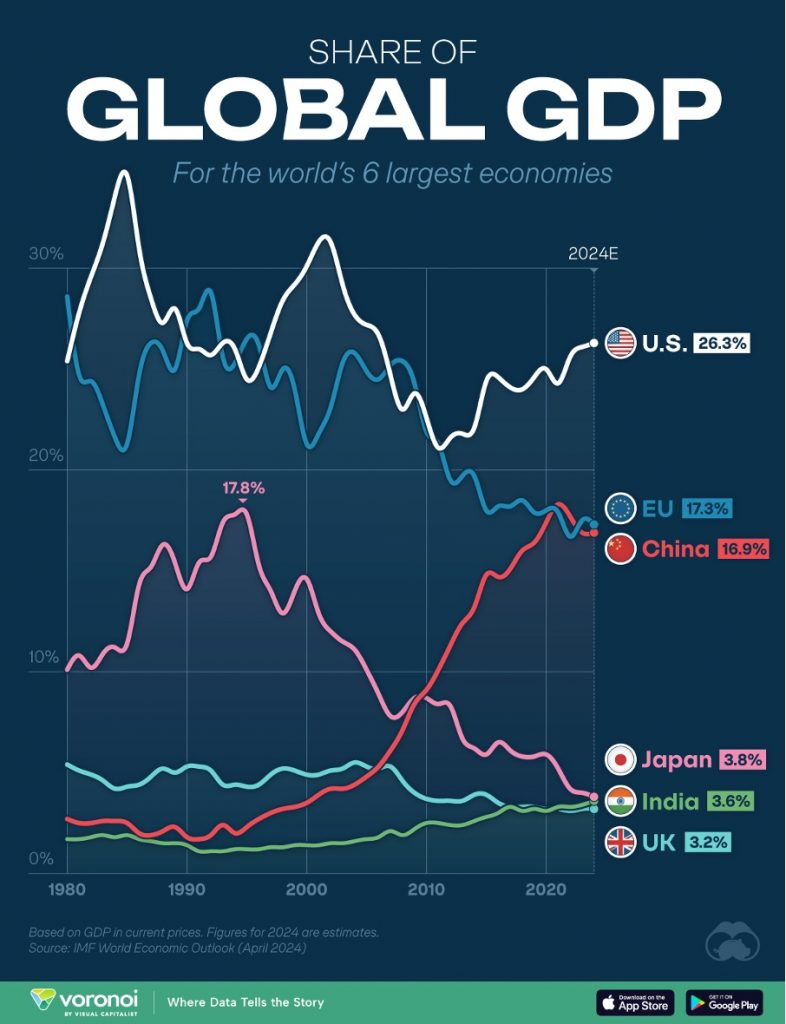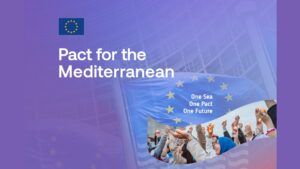Companies and other human-made organizations usually choose to merge or cooperate because they believe that together they will be stronger, more stable, and more efficient than their competitors.
Economies of scale have become decisive in the global economy: higher-volume production reduces unit costs, and cutting duplicated functions (administration, logistics, IT) lowers overhead. Beyond scale, complementary material and intellectual resources should lead to a broader, higher-quality product and service portfolio, which in turn brings stronger market positions, rising revenue, and higher profits. Global corporations therefore continuously seek acquisition targets and merger partners, and they carefully evaluate whether completed mergers or acquisitions deliver the expected growth in share value, revenue, and EBITDA. If results fall short or circumstances change, they also consider divestitures, spin-offs, or outsourcing.
Every corporate merger or acquisition involves risks that must be weighed against potential gains. By definition, it reduces or even eliminates the autonomy of the organizations involved: there will not be two CEOs, and the management of the acquired entity will lose decision-making powers.
If we view European integration through the lens of corporate integration, the early stages — the European Coal and Steel Community and the European Economic Community — were classic win–win projects for the “shareholders,” i.e. the Member States. Resources complemented each other, production and markets expanded, and the Member States’ combined share of global production and trade increased, giving them a larger slice of a growing pie. Moreover, compared to later phases of integration, loss of autonomy was moderate, and the central administration remained at a reasonable size, avoiding the emergence of an oversized “head office.”
By contrast, as integration deepened, with more common policies, a larger common budget, and an ever-greater share of resources distributed centrally (see: direct EU funds), the “merger costs” have risen dramatically: the central administration has grown significantly, and competences have been drawn away from the Member States, reducing national sovereignty. At the same time, the sovereignty of the EU as a whole has also declined globally. The old saying that the European Union is an economic giant and a military dwarf is now only half true: it remains a military dwarf, but it is becoming less and less of an economic giant.

Recent major analyses—such as those by Mario Draghi and Enrico Letta — underline how dramatically the EU’s economic, technological, energy, and military sovereignty has stagnated or declined worldwide. The “shareholders,” i.e. the Member States, are understandably dissatisfied: they have given up significant powers, yet their global share in trade, innovation, and the IT sector has shrunk. In other words, Member States’ sovereignty has decreased inside the EU, while the Union’s collective sovereignty has declined globally—clearly the worst combination.
The United Kingdom’s exit is an instructive case. It decided to leave in 2016 and officially left on 31 January 2020. Lord David Frost — former Brexit chief negotiator, former Minister for EU Relations, and now a member of the House of Lords — stated at the Ludovika Festival on 8 May 2025 that UK economic growth has outpaced that of the EU since Brexit. He highlighted that the UK negotiated and concluded a free trade agreement with India in just two years — an agreement the EU has been discussing for 20 years without success. On the same day, it was announced that the UK had signed a free trade agreement with the United States, while the EU still faces threats of 50% tariffs from Washington.
Clearly, the EU’s loss of competitiveness and sovereignty has multiple causes, of which the quality of European integration is only one. Federalists argue that the remedy lies in even deeper integration, while those who prioritize national sovereignty believe the opposite: that less integration and lighter regulation (less administration) would strengthen the EU’s competitiveness and flexibility. Where a compromise will emerge between these positions is impossible to predict. Yet economic history suggests that successful integrations are not only deeper but also smarter — those built primarily on competitiveness rather than political motives have proved the most sustainable and effective.
In my view, one of the EU’s greatest current challenges is that the deepening of integration over the past 15 years has followed the logic of political consensus-building more than that of competitiveness. As a result, we have seen the creation of regulatory and budgetary elements that — although framed as “community” measures — often fail to improve efficiency and sometimes even obstruct it.
Instead of debating abstractly whether we need “more” or “less” Europe, it would be wiser to return to the original question: where could the EU gain real global competitive advantage if powers were shared more intelligently?
In a company, the owners would demand an honest assessment of missed opportunities. For the EU, such an assessment might include questions like:
- Why is there no genuine common industrial policy and stronger technological sovereignty?
- Why hasn’t the EU caught up with, or led, digital innovation?
- Why is there still no energy strategy that creates alternatives rather than dependencies?
- Why is defense cooperation still insufficient to expand the EU’s global strategic reach?
- Why has overregulation made the single market inflexible?
- Why does an ever-expanding administrative apparatus often serve the maintenance of the system rather than competitiveness?
If we could honestly confront these issues — using economic and organizational logic — Europe would move closer to a more efficient, goal-oriented form of integration. And there is certainly strong demand for such a change.






